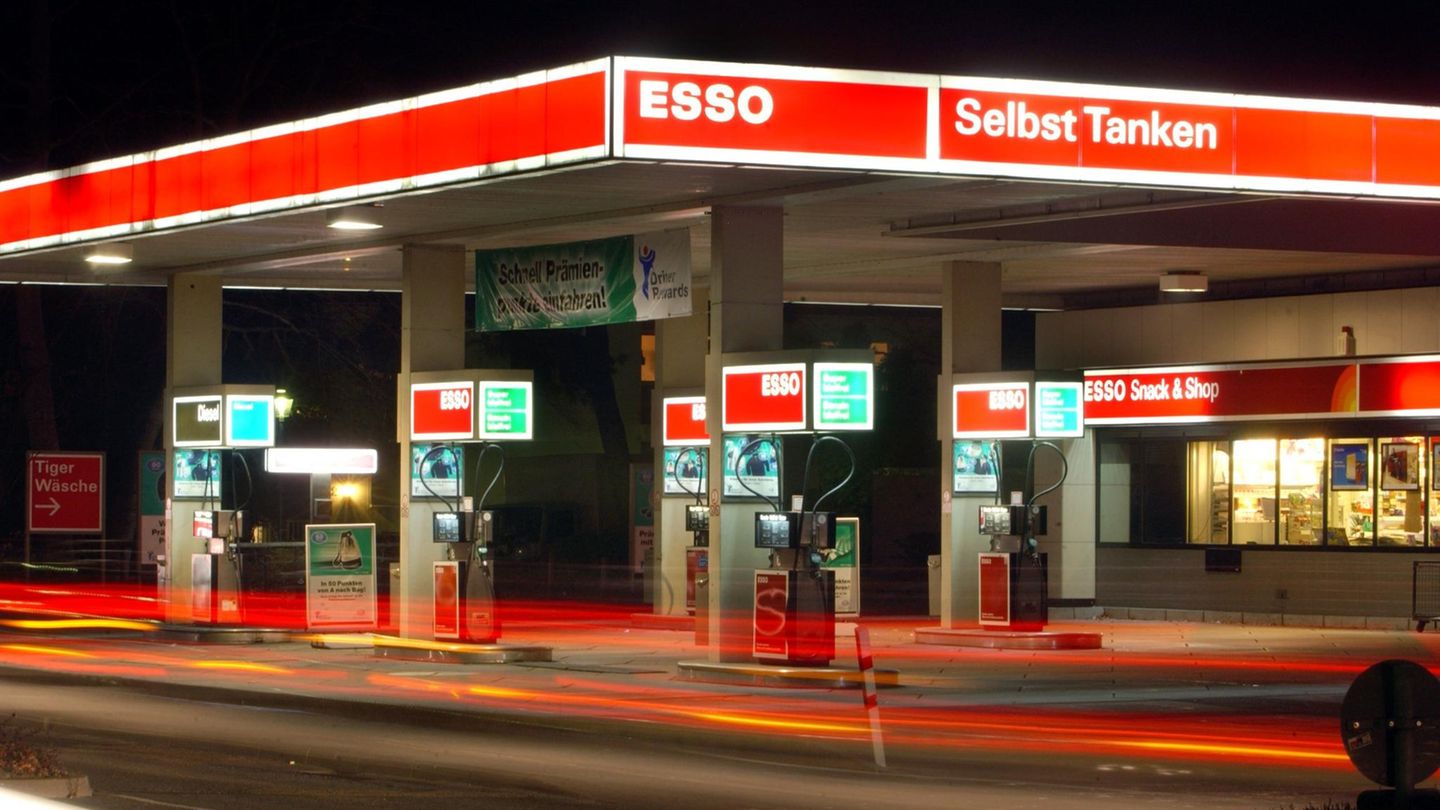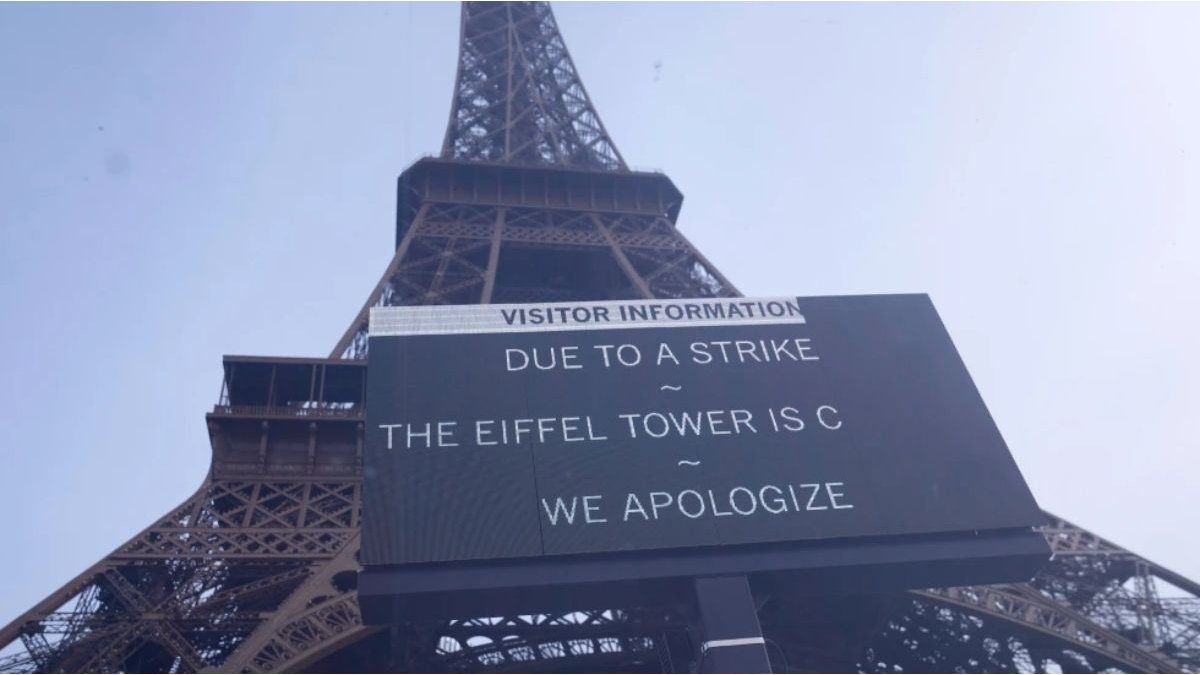Fuel prices are rising and rising in the shadow of the Ukraine war. Greenpeace, among others, is therefore calling for a speed limit to reduce the hunger for diesel and petrol. But the government has a different plan.
What to do about the high fuel prices? In view of the increasing burdens on the population and the economy, the traffic light coalition now wants to take countermeasures. One of the topics under discussion is a so-called tank discount of 20 to 40 cents per liter developed by Finance Minister Christian Lindner (FDP), which the state – i.e. all of us – should finance. An increase in the commuter allowance is also being discussed.
Greenpeace, among others, recently presented a completely different proposal. The environmental protection organization presented a ten-point plan with which oil consumption could be reduced in the short term. The logic behind it: less consumption leads to less demand leads to falling prices – and at the same time protects the environment.
High fuel prices: Greenpeace calls for speed limits
The measures listed include a speed limit in Germany that will last until the end of the war: 100 kilometers per hour on the autobahn, 80 on country roads and 30 in town.
According to Greenpeace calculations, at least 2.4 million tons of diesel and petrol would be saved per year, which would correspond to almost five percent of annual fuel sales.
The reasons are the same as those that came up again and again in previous discussions about a general speed limit: the flow of traffic would be improved, there would be less consumption-intensive speed changes and the efficiency of the engines would increase. Another plus point: the introduction of speed limits on our roads would be available almost free of charge.
Other organizations rallied behind Greenpeace’s demand. The German Environmental Aid also welcomed the idea. “Every liter of fuel saved helps reduce dependency on Russian oil and gas imports,” she explained, even though her primary concern is climate protection and not lower fuel prices.
Experts agree that lower speeds have the potential to save fuel (and protect the climate). But there are doubts as to whether a speed limit is enough to reduce the demand for petrol and diesel to such an extent that there is a noticeable relief at the pump. “There are currently no real restrictions. That’s simply because we have many other oil-exporting countries in the world from which we get crude oil,” said Martin Randloff, a transport scientist at the Technical University of Dortmund, on the radio station Deutschlandfunk Nova.
No oil shortages due to the Ukraine war
Because in contrast to the oil crisis in the 1970s, when a speed limit of 100 or 80 kilometers per hour applied to motorways and country roads in Germany, there is no shortage of oil today and therefore no rising crude oil prices. On the contrary: “The oil price has fallen significantly since last week, but that is not reflected in the fuel prices,” said ADAC spokesman Andreas Hölzel in the Berlin “Tagesspiegel”. At the current price of crude oil, a liter of Super E10 would therefore cost less than two euros. “Obviously, there are war-related special factors that drive up the price of gas so much.”
Among other things, this can be an increasing demand for heating oil or panic buying for fear of an oil shortage or further rising prices – and the mineral oil companies also want to make money. In addition, according to “Tagesschau”, a number of importers have already reduced oil imports from Russia.
The reasons for the high fuel prices are manifold. A speed limit alone should not help against them. Even Greenpeace sees it that way and recommends a number of other measures that should go hand in hand with a speed limit, for example car-free Sundays, no driving, a ban on domestic flights or lowering room temperatures by one or two degrees.
Government doesn’t want a speed limit
And anyway: Politicians have already given a clear rejection of a temporary speed limit. This is currently not planned, said a spokesman for the Federal Ministry of Transport. And even the Greens traffic politician Stefan Gelbhaar avoided talking to the news agency about a “speed limit” and recommended a (voluntary) “speed reduction” as a “logical answer” to the rising fuel prices. “If you drive more slowly, you use less fuel.” That’s why a speed reduction on all roads in town and out of town makes sense.
Finance Minister Lindner is meanwhile continuing to work on his “tank discount”, he considers the speed limit debate to be inappropriate: “We currently have no physical shortage of fuel that would make quotas necessary. We see a price effect due to market developments.” On the other hand, everyone can take their foot off the gas pedal of their own accord.
Swell: , , , News agencies DPA and AFP
Source: Stern
I am a 24-year-old writer and journalist who has been working in the news industry for the past two years. I write primarily about market news, so if you’re looking for insights into what’s going on in the stock market or economic indicators, you’ve come to the right place. I also dabble in writing articles on lifestyle trends and pop culture news.




